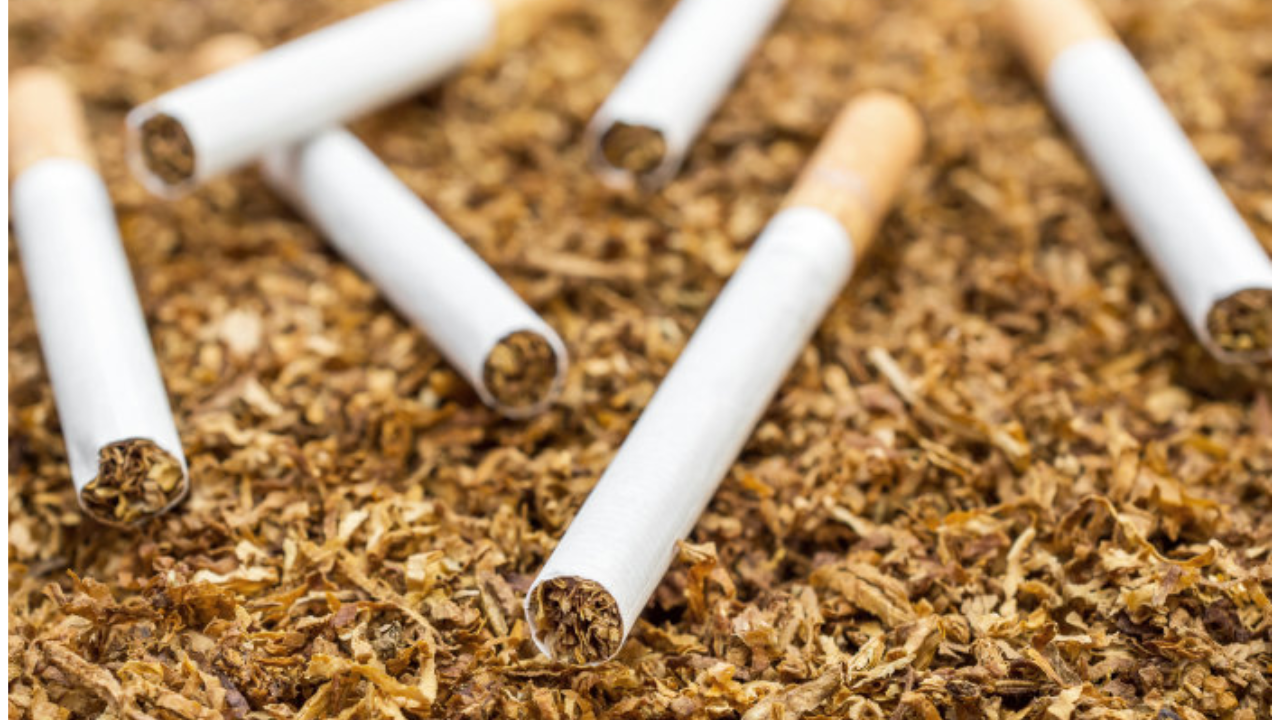A world-renowned and award-winning oncologist who is also a professor of surgery at the Cancer Institute in Senegal, Prof. Abdoul Kassé, has stressed the need for putting harm reduction at the centre of all public health development strategies.
Speaking during the second harm reduction exchange conference for African journalists held in Nairobi, Prof Kasse’ said tobacco harm reduction is a powerful public health tool that can be deployed for cancer control since 30% of cancer is related to tobacco.
He said harm reduction has already benefited many people in public health and is a viable alternative in tobacco control, on top of prevention and cessation.
Harm reduction applies to areas where there is a need to reduce the harm associated with a practice or consumption of a substance that is overused in society leading to increased morbidity and mortality.
The concept continued to gain traction in view of the devastating effect of tobacco smoking and the fact that cessation or outright quitting has continued to prove impossible for most smokers.
“Innovative harm reduction initiatives will help to keep more Africans alive. Tobacco harm reduction initiatives, including the use of popular e-cigarettes, nicotine patches and chewing gums, have continued to generate a lot of misunderstanding in both the public health community and in the media.
“However, there is evidence that the use of potentially less harmful alternatives than cigarettes for those who are not willing or cannot give up smoking with currently approved methods may be a solution, not necessarily the best for everyone but by far better than continuous smoking.
“Where cessation repeatedly fails, switching to less harmful products is expected to result in benefits for many smokers,” Prof. Kassé added.
A cross section of African scientists and experts who attended the conference made a case for the adoption of harm reduction in approach in public health strategies and tobacco control.
It was agreed that the media has a critical role to play in accelerating harm reduction efforts by informing and sensitizing cigarette smokers on the availability and benefits of alternative, potentially lower risk products to cigarettes.
In a speech, Dr. Tendai Mhizha emphasized the role of journalists in handling misinformation and disinformation in discourse about tobacco harm reduction.





